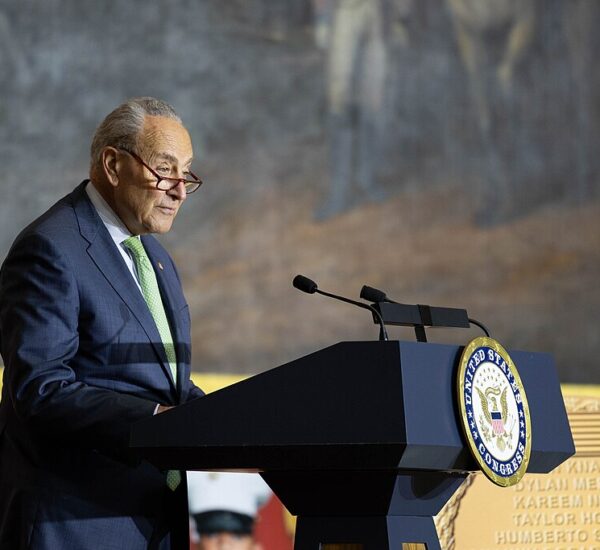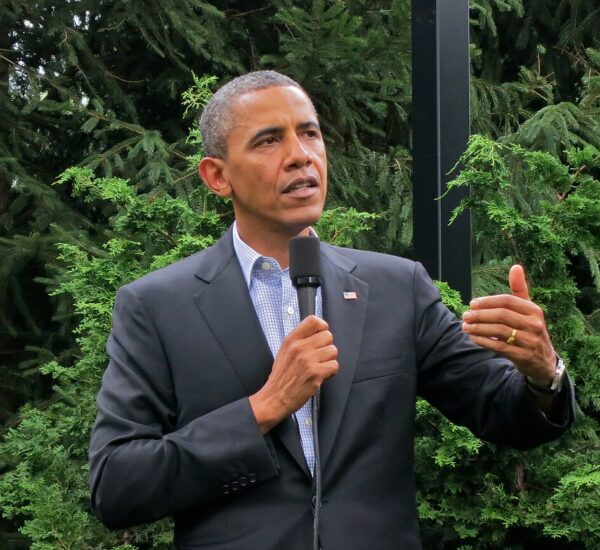Why would the Supreme Court do this?
Justice Alito Slams Liberal Justices for Undermining Rule of Law
In a shocking midnight decision, the U.S. Supreme Court quietly halted the Trump administration’s plan to deport Venezuelan nationals tied to violent criminal networks—sparking outrage among conservatives who see this as yet another example of activist judges overruling lawful executive action.
Issued without full explanation, the high court’s ruling temporarily stopped deportations under the 1798 Alien Enemies Act, a powerful legal tool President Trump’s team was using to swiftly remove suspected foreign threats from U.S. soil.
⚖️ Justice Alito Warns of Judicial Overreach
Justice Samuel Alito, writing a scathing dissent joined by Justice Clarence Thomas, condemned the Court’s seven-member majority for acting hastily and without sufficient legal justification. Alito called the order “unprecedented,” criticizing the Court for acting “literally in the middle of the night”—without hearing arguments from the Trump administration or lower courts.
“Both the Executive and the Judiciary have an obligation to follow the law,” Alito wrote.
“We had no legitimate reason to issue an emergency order at midnight, especially based on weak, unverified claims.”
🚫 Radical Activists Push Back on Deportations
The emergency appeal was filed by the American Civil Liberties Union (ACLU)—a group closely aligned with left-wing causes. They claimed immigration agents were labeling some detainees as members of the Tren de Aragua, a dangerous Venezuelan gang known for trafficking, extortion, and violence.
But Alito argued the filings were thin on facts and lacked any concrete evidence that the deportations were unlawful or imminent. “The Court acted without proper legal foundation,” he warned.
🇺🇸 Trump’s Immigration Crackdown Faces More Obstacles
The detainees were being held at the Bluebonnet Detention Center, located north of Abilene, Texas. The region had not issued any court orders barring removals, unlike jurisdictions in New York, Colorado, and southern Texas.
President Trump’s administration had already made the case that the Alien Enemies Act, invoked just three times in U.S. history, was lawfully applied in this context to protect national security and remove dangerous individuals, regardless of immigration status.
Some of the Venezuelan detainees have reportedly been transferred to El Salvador’s high-security prison, further underscoring the seriousness of the threat.
🔍 What’s Next for Trump’s Deportation Plan?
Despite this setback, the administration has filed a formal request for the Supreme Court to reconsider its emergency hold. The 5th Circuit Court of Appeals and two federal judges had already refused to block the deportations, supporting the Trump administration’s authority under existing immigration law.
For millions of patriotic Americans, this latest court ruling highlights the ongoing fight between law-and-order leadership and the progressive open-border agenda.
🗣️ Final Word: Rule of Law vs. Judicial Activism
This case serves as a powerful reminder: President Trump’s efforts to protect our borders and uphold national security continue to face resistance—not from voters, but from unelected judges and radical advocacy groups.
As 2024 nears, the stakes couldn’t be higher.







Looks like the SCOTUS has turned to the dark side. It’s obvious that the liberal side has always ruled in favor for liberal causes no matter how ridiculous their arguments were, unfortunately Roberts and Barrett seem to have fallen and are siding with those three to overturn many cases in favor of the radical left. Their latest attempt to stop Trumps deportations are an abuse of their positions, stopping the executive from carrying out what the American people voted Trump in to do.